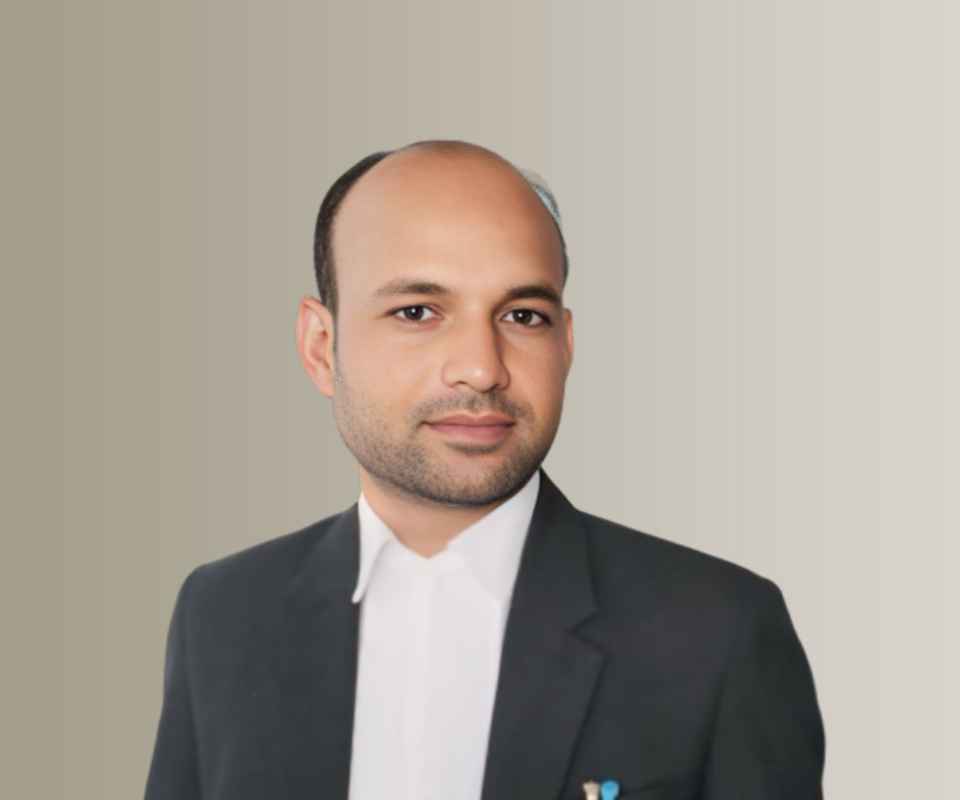Answer By law4u team
Drug courts are specialized court programs designed to address the underlying issues of drug addiction and offer individuals charged with drug-related offenses an alternative to traditional criminal justice proceedings. These courts focus on rehabilitation rather than punishment, providing treatment and support to help offenders break the cycle of drug abuse and reduce recidivism.
How Drug Courts Work
Eligibility for Drug Court:
Drug courts typically focus on nonviolent offenders who have been charged with drug-related crimes, such as possession or minor drug trafficking. Offenders must meet specific eligibility criteria, including agreeing to participate in treatment programs and complying with court-mandated guidelines.
Alternative Sentencing:
Instead of serving jail or prison time, individuals in drug courts are given the opportunity to complete a structured treatment program. This may involve drug counseling, therapy, education, and rehabilitation programs aimed at addressing the root causes of addiction.
Supervision and Monitoring:
Participants in drug court programs are closely monitored by a judge, probation officers, and other court staff. This may include frequent drug testing, check-ins, and progress reviews. Compliance with the program is crucial for successful completion, and failure to comply can lead to reentry into the traditional criminal justice system.
Treatment and Rehabilitation:
Drug courts offer a variety of programs designed to treat substance abuse, including:
- Outpatient Counseling: Regular counseling sessions to help participants understand their addiction and develop coping strategies.
- Inpatient Treatment: For those with more severe addictions, inpatient rehabilitation centers provide intensive care and supervision.
- Therapeutic Communities: These programs focus on group therapy and peer support in a residential setting to promote long-term recovery.
- Life Skills and Education: Programs often include job training, educational services, and life skills to help individuals reintegrate into society and avoid reoffending.
Regular Court Hearings:
Participants appear before the drug court judge regularly to report on their progress, receive encouragement, and be held accountable. The judge plays an active role in guiding the participant through the process, offering praise for achievements and addressing any issues or setbacks.
Completion and Graduation:
If a participant successfully completes the program, they may have their charges reduced or dismissed. In some cases, drug court participants can avoid jail time or have their sentences modified. Graduates of the program are recognized in a formal ceremony, highlighting their efforts and successes.
Supportive Environment:
Drug courts also provide support for families and communities by fostering a collaborative approach between the court, treatment providers, and social services. The goal is to create a network of support that assists participants in maintaining sobriety and rebuilding their lives.
Legal Actions and Protections
Voluntary Participation:
Participation in drug court is often voluntary, though some individuals may be referred through a plea agreement. A defendant must agree to comply with the program’s rules and treatments.
Diversion from Incarceration:
Drug courts offer a diversion from the typical punitive measures of the criminal justice system, focusing on rehabilitation. This helps reduce the burden on jails and prisons while offering offenders a chance for recovery.
Reduction of Recidivism:
Drug courts aim to lower recidivism rates by addressing the root causes of drug abuse and helping individuals reintegrate into society with the skills and support they need to maintain sobriety.
Example:
A person arrested for drug possession may be offered the option of entering a drug court program instead of facing jail time. If they agree, they will undergo drug counseling, regular drug testing, and appear before a judge for status updates. If they successfully complete the program, their charges could be dropped or reduced, and they avoid incarceration, focusing instead on recovery and rehabilitation.







